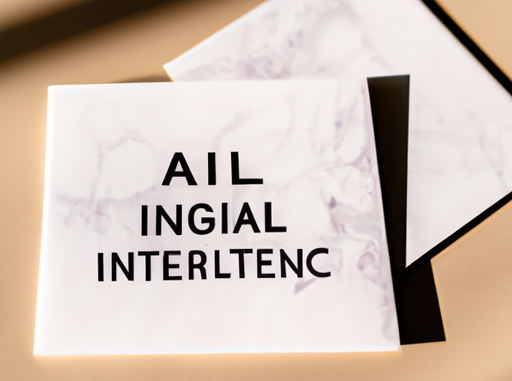
Exploring the Impact of AI on Modern Education: How Artificial Intelligence is Transforming Teaching Methods and Student Learning Experiences
In the rapidly evolving landscape of modern education, artificial intelligence (AI) is emerging as a transformative force, reshaping traditional teaching methods and enhancing student learning experiences. As schools and universities worldwide integrate AI into their curricula, the potential for personalized, efficient, and engaging educational experiences is becoming increasingly apparent.
AI in the Classroom: Personalizing Education
One of AI’s most significant impacts on education is its ability to personalize learning. Traditional education often follows a one-size-fits-all approach, which can leave some students behind. AI addresses this issue by analyzing individual student data, including performance, learning styles, and preferences, to tailor educational content. This personalization ensures that students receive instruction suited to their unique needs, resulting in improved comprehension and retention.
For instance, AI-powered platforms like DreamBox and Knewton use adaptive learning technology to adjust difficulty levels and provide targeted exercises based on a student’s performance. Such systems allow teachers to identify areas where students struggle and offer immediate support, fostering a more inclusive learning environment.
Enhancing Teaching Methods
AI is not only transforming how students learn but also how teachers teach. By automating administrative tasks such as grading and attendance tracking, AI allows educators to focus more on teaching and engaging with students. Tools like Gradescope and Turnitin utilize AI to streamline grading processes, providing detailed feedback faster than traditional methods.
Moreover, AI-driven analytics offer valuable insights into teaching effectiveness. By analyzing patterns in student performance and engagement, educators can refine their teaching strategies, ensuring that their methods are resonating with students. This data-driven approach empowers teachers to continuously improve and adapt their techniques to maximize student success.
Creating Interactive and Engaging Learning Experiences
Beyond personalization and efficiency, AI enriches education by creating interactive and engaging learning experiences. Virtual teaching assistants, such as IBM’s Watson Tutor, can answer student queries in real-time, providing instant support and reinforcement. Additionally, AI-driven simulations and virtual reality applications immerse students in experiential learning, enabling them to explore complex concepts in a hands-on manner.
For example, platforms like Labster offer virtual lab simulations, allowing students to conduct experiments in a risk-free environment. These immersive experiences not only enhance understanding but also increase student motivation and interest in the subject matter.
Addressing Challenges and Ethical Considerations
Despite the numerous benefits AI brings to education, its integration is not without challenges. Concerns about data privacy, algorithmic bias, and the digital divide need to be addressed to ensure equitable access and fair treatment for all students. Educational institutions must implement robust data protection measures and continuously monitor AI systems to prevent biases that could disadvantage certain groups.
Furthermore, while AI can support and augment teaching, it should not replace the invaluable human element that educators bring to the learning process. Teachers play a crucial role in mentoring, inspiring, and nurturing students, and AI should serve as a tool to enhance, rather than replace, these human interactions.
Conclusion
As AI continues to advance, its impact on education will undoubtedly grow, offering new possibilities for personalized, efficient, and engaging learning experiences. By embracing AI’s potential while addressing its challenges, educators can create an educational environment that not only adapts to the needs of each student but also prepares them for the ever-evolving demands of the modern world. As we stand on the brink of this educational revolution, the collaboration between AI and educators promises a future where learning is more accessible, effective, and inspiring for all.
PhDr. Pavel Bartoš, LL.M., DBA (Evropská akademie vzdělávání / European Academy of education)
Leave a Reply